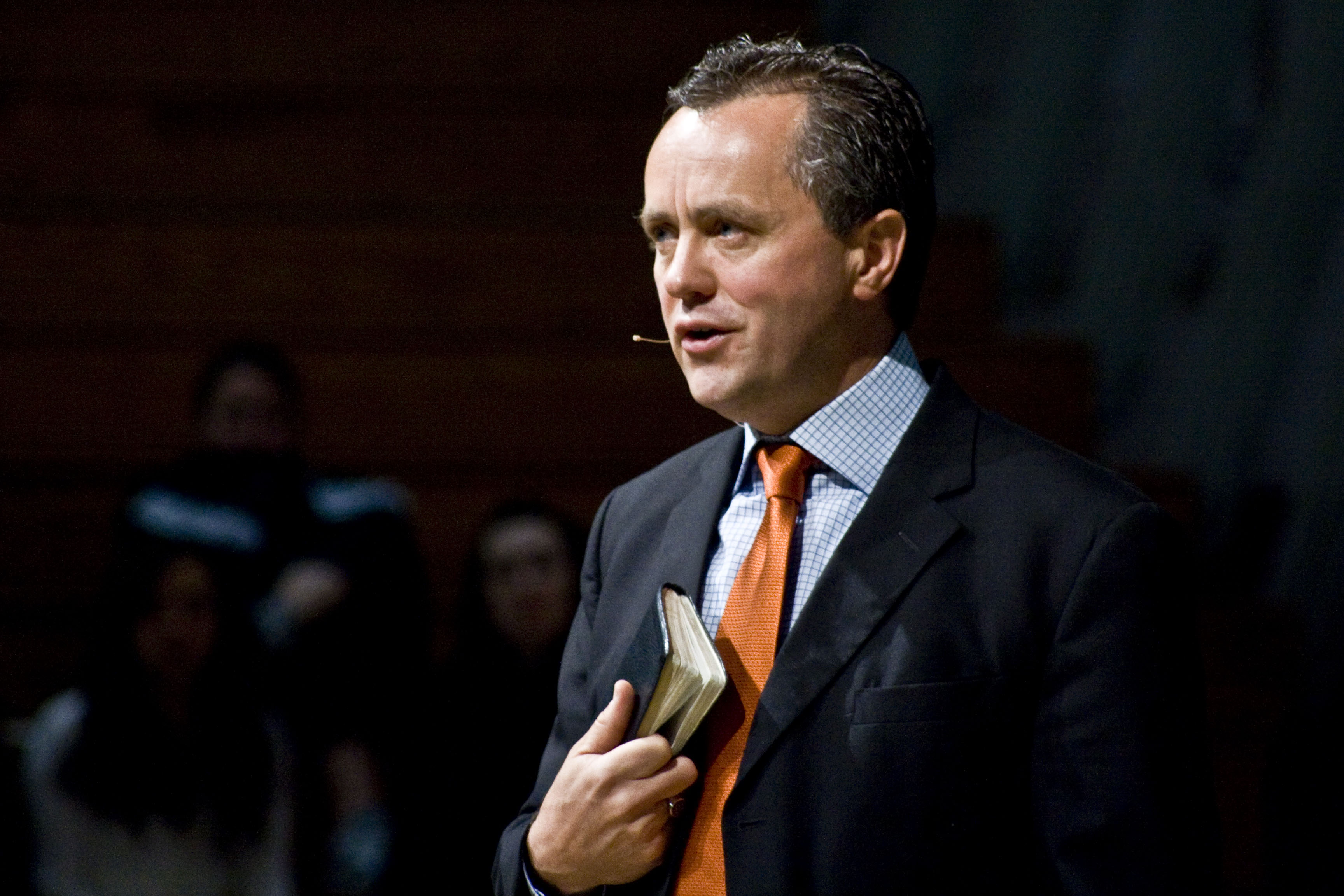Spring registration and next year’s enrollment numbers will be the first signs of how Biola is weathering the sluggish economy, say top Biola administrators.
Biola’s heavy reliance on students’ tuition and room and board means that any change of enrollment significantly affects its budget. Around 92 percent of the university’s revenue is student-generated, with around 72 percent of that coming from tuition, according to the university’s last published budget.
Biola has an annual growth goal of 2.6 percent, upon which its budgets are based. Though only a small number of new students register in the spring, smaller spring registration would be a “sign of things to come,” likely alluding to smaller overall enrollment next year, said Carl Schreiber, vice president of financial affairs and information technology.
President Corey recently asked Schreiber to develop “scenario-based budget plans” for next year. These scenarios are intended to demonstrate what the financial status of the university would be under a variety of potential variables.
Declining enrollment would especially affect hiring, said Schreiber. The current hiring freeze on unfilled, non-faculty positions, ordered by Corey earlier this month, will give the university time to evaluate whether additional measures are needed, he said.
“If enrollment went down because students weren’t able to come back to school next year for various and sundry reasons … we would have to look at positions in an even more serious way,” Schreiber said.
Around 57 percent of the university’s expenses are labor related, Schreiber said. The Chimes reported in September that annual cost inflation in this area is the biggest reason for yearly tuition increases.
Admissions has stepped up its recruiting efforts despite having to make budgetary cutbacks in line with Corey’s order for university-wide purse tightening, said André Stephens, director of undergraduate admission. In addition to increasing their Web presence, recruiters are also targeting particular groups of prospective students, including children of alumni, previous Biola students and those who were admitted to the university but didn’t enroll, he said.
Because only a small number of students enroll during the spring semester, it will be difficult to gauge the university’s health by next semester’s numbers, Stephens said. However, he noted that early numbers seem normal, and that an additional 41 prospective students have visited campus since June, compared to the same time period last year.
More and more students are falling into “chronic” financial trouble, but higher education is still in demand, said Stephens. However, the cash crunch may push students or prospective students away from Biola to less expensive community colleges, he said.
“There’s a lot of uncertainty, but students are still looking at colleges,” Stephens said. “How can we still get students to look at Biola as a viable option?”
Many variables contribute to enrollment figures, so it’s difficult to know how to specifically prepare for the future, Stephens said.
“We obviously don’t have a crystal ball, so we can’t look into the future,” Stephens said.
Last week Corey commissioned the forming of a council specifically designed to retain students called the Student Economic Crisis Response Council. The group is to help students with especially difficult financial struggles finish their Biola education, said Carrie Stockton, director of academic advising and student retention in enrollment management, and head of the committee. She said the committee is specifically focusing on retaining students for the spring, but will continue to exist well into next year.
Students receiving aid from the group must meet specific criteria, such as suffering a job loss in the family or losing their home, Stockton said. Students will be able to meet with committee members Dec. 9 in the Café Banquet Room at 8 or 10 p.m.







